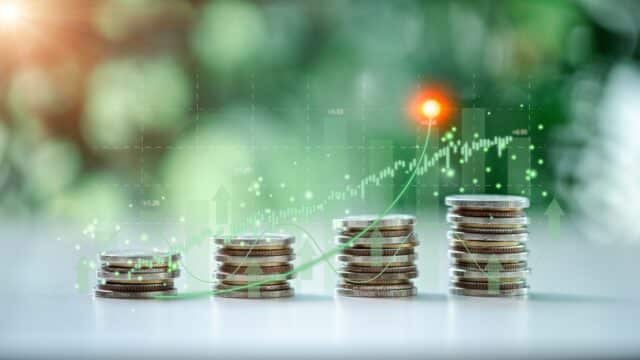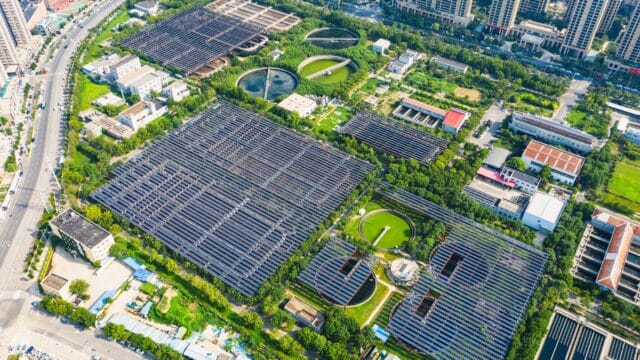Articles
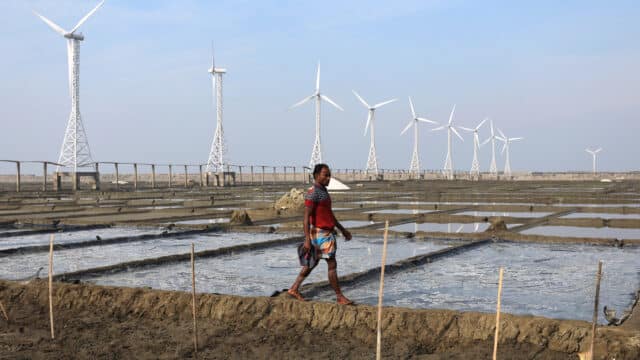
Solar and Wind Power Potential in Bangladesh
Considering the huge solar and wind power potential in Bangladesh, the investment opportunities in renewable energy are there for the taking.
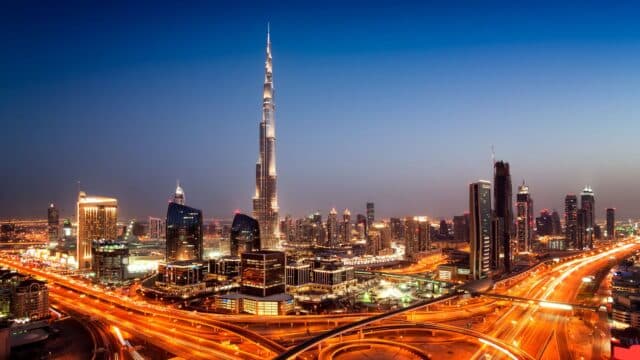
The Post-oil Economy in the UAE and How It Is Preparing
The UAE is known for being in an oil-rich region and historically relying on oil exports as a significant part of its economy. This reliance on oil is now slowly changing in preparation for the post-oil world. Multiple government programmes and private sector investments are behind this transition.
Does Japan Care About the Environment
Japan's role as a member of G7 is pushing its subpar environmental performance into the spotlight. Inadequate emissions reduction goals, a high rate of fossil fuel imports and questionable fishing practices highlight this. These concerns will only grow more dire for the climate-vulnerable country and must be addressed.
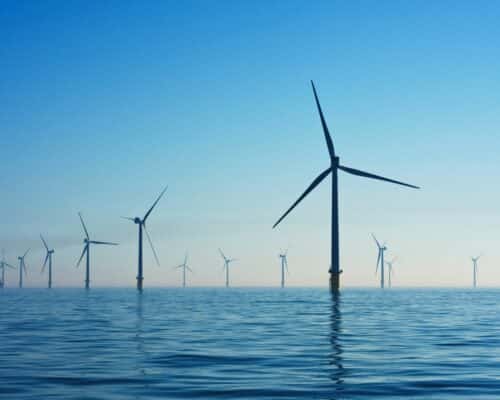
Wind Energy in Japan: Prospects, Benefits and Future
While Japan’s government increasingly considers wind energy a viable option, the progress is still sluggish. Accelerating it requires addressing various administrative burdens and introducing more ambitious policies.
Ammonia Coal Co-firing: Solution Or Distraction?
Ammonia coal co-firing uses ammonia as a substitute in coal-fired power plants. While it provides a significant benefit of reducing the emissions of coal energy generation, it also creates several concerns for long-term decarbonisation strategies.
Global Energy Transition Index – Quantifying Progress
The Energy Transition Index is a score of how well a country is doing in their energy transition. Ultimately, this tool can be used to identify areas that need funding, support, or incentives to speed up change.

10 Types of Greenwashing
As demand for sustainable products and companies has grown, so has the rate of greenwashing. Understanding the different methods used in greenwashing is a valuable tool in avoiding brands that use the practice.
Energy Crisis in Bangladesh Highlights Risks of Fossil Fuels
Bangladesh sources most of its energy from fossil fuels, with natural gas making up the lion's share. Due to COVID-related supply chain issues and global political instability, fossil fuel prices are steadily climbing. As a result, the country has had to halt natural gas imports, leading to rolling blackouts. This highlights the risks associated with fossil fuel reliance and the need for local renewable energy production.
The Renewable Energy Policy in Vietnam Risks Deterring Investors
Maintaining a healthy ongoing dialogue with clean energy investors and project developers is critical if Vietnam is to get back on track and continue stunning the world with its renewable energy progress.
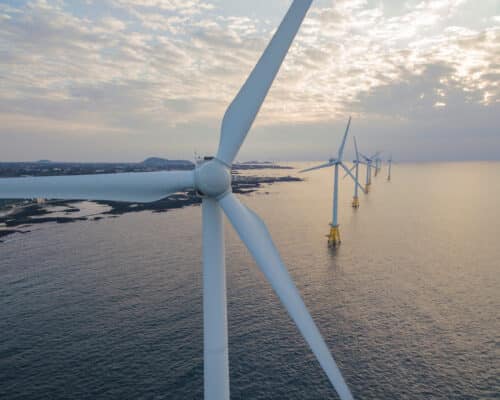
South Korea’s Energy Mix and Its 10th Basic Energy Plan
South Korea's decarbonisation progress so far makes hitting its 2030 and 2050 targets unrealistic. In its current form, the 10th Basic Energy Plan that will come into force this year is unlikely to change that. The country needs more ambitious renewable energy targets, a sentiment also echoed by South Korea's biggest businesses.
Malaysia’s Energy Transition: Challenges and Opportunities
Malaysia has great potential for clean energy alternatives like solar and hydropower. On paper, its energy transition is already mapped out. The question is whether it will follow this path or lock itself into a future of fossil fuel energy dependence.
Green Transportation in South Korea – a Key Enabler for the Net-Zero Revolution
South Korea is facing an uphill battle to make notable progress towards clean energy in line with the Paris Agreement commitments. Green transportation appears to be one of the most powerful tools in the government's arsenal. The opportunities in the industry are huge, while the challenges are solvable.
Wind Energy in Malaysia – Potential for Growth
Malaysia has limited capacity for wind energy due to geographic and climate factors. As a result, the country's renewable energy programs primarily focus on solar and hydropower. However, wind energy can be useful in select regions with higher than average wind energy capacity.
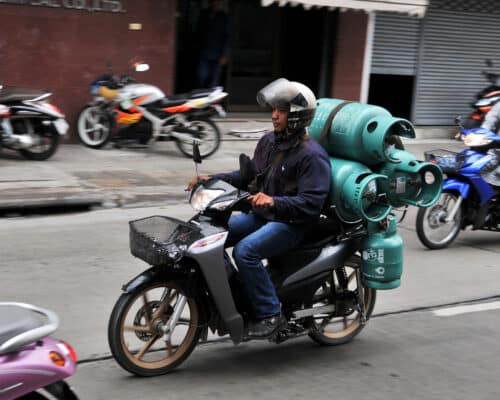
Southeast Asia’s New Gas Projects Hit Record High, Report Shows
Southeast Asia is ramping up investment in new natural gas fields. However, this new gas emits even more CO2 emissions when used for the region's power sector. Renewables offer both a cheaper and more environmentally friendly alternative.
Most Popular
Most Popular
Categories
-
10
-
34
-
126
-
4
-
17
-
46
-
52
-
11
-
10
-
15
-
24
-
6
-
1
-
5
-
6
-
283
-
200
-
17
-
24
-
1
-
1
-
23
-
41
-
44
-
88
-
18
-
86
-
41
-
17
-
11
-
43
-
54
-
86
-
299
-
22
-
44
-
36
-
11
-
42
-
36
